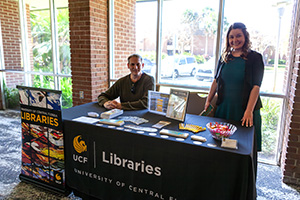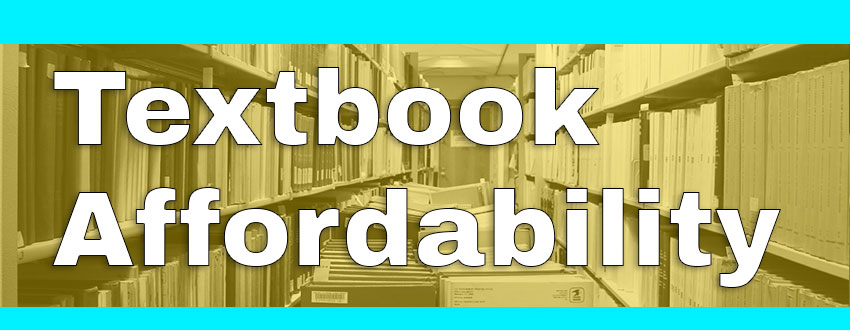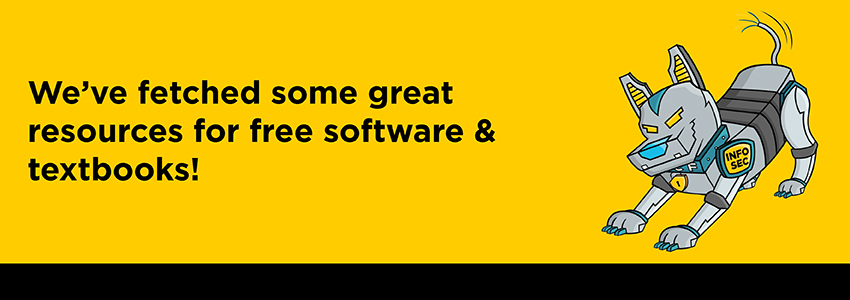UCF’s Inaugural Open Ed Live Event Showcased Faculty Support for Open Education
All Libraries, STARS Digital Repository, Textbook Affordability Posted: May 7th, 2024
UCF’s inaugural Open Ed Live event was held online earlier this year and brought together higher ed teaching faculty, librarians, and instructional designers to explore the boundless opportunities of open education. The event was hosted online by the Division of Digital Learning along with members of UCF Libraries, UCF Bookstore, and the UCF Office of the Provost and Academic Affairs.
Recordings and files from Open Ed Live are now available in STARS, UCF’s institutional repository hosted by the UCF Libraries.
The presentations illustrate how much open education has evolved in a relatively short time. Highlights from these sessions include thoughtful discussions on artificial intelligence, balancing open initiatives with inclusive access programs, and a panel of students who actively advocated for open educational resources (OER) at UCF. While textbook affordability remains one of the key appeals of OER, what is striking about these presentations is the progression of OER from the realm of affordability into open scholarship and pedagogy.
John Venecek, UCF Humanities Librarian, shares his perspective:
My first foray into OER was a decade ago when there was still a lot of skepticism about open access (OA). Most instructors were reluctant to abandon traditional textbooks in favor of something as nebulous as an OER. One of the few exceptions was Dr. Christian Beck (English) who worked with a team of librarians and instructional designers to create an open anthology for his Medieval Literature course. This anthology, which we made freely available to students, has been a resounding success. Since the project launched in 2016, the anthology has been used in dozens of classes reaching hundreds of students while saving them thousands of dollars.
Since that initial project, I have worked on several similar ventures, including the design of an open course entitled Strategies for Conducting Literary Research with Dr. Barry Mauer (English). The more I have delved into OER, the more my focus has shifted from the principles of equity and access, which remain important, to exploring innovative approaches to employing the OER model as a form of student engagement, inclusive pedagogy, digital storytelling, and social justice.
As former UCF colleague CJ Ivory states in the description of her book, Using Open Educational Resources to Promote Social Justice, “OER have the potential to celebrate research done by marginalized populations in the context of their own communities, to amplify the voices of those who have the knowledge but have been excluded from formal prestige networks, and to engage students as co-creators of learning content that is relevant and respectful of their cultural contexts” (Ivory & Pashia, 2022). I have begun implementing these ideas by creating courses that encourage students to play a more an active role as co-creators. In so doing, OER are uniquely positioned to highlight varying perspectives, amplify marginalized voices, promote integrative learning, and emphasize empathy as a research skill.
Some of the same campus units that organized the Open Ed Live event are available to help UCF faculty explore and adopt OER. To learn more about OER, see the library guide on OER. For faculty with questions or specific support needs, please submit a response to the OER Contact Form.





